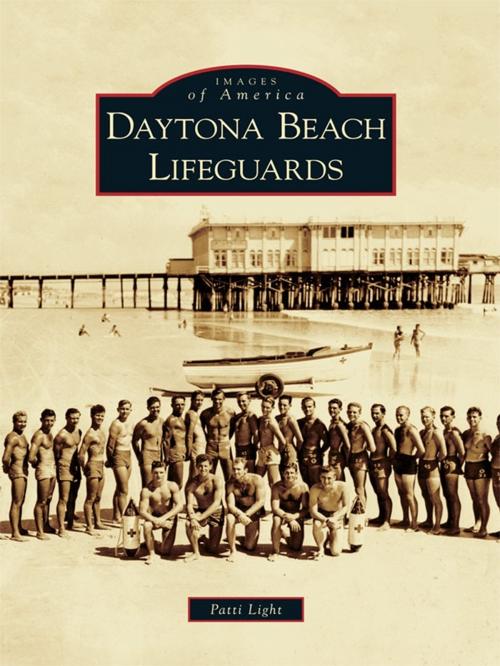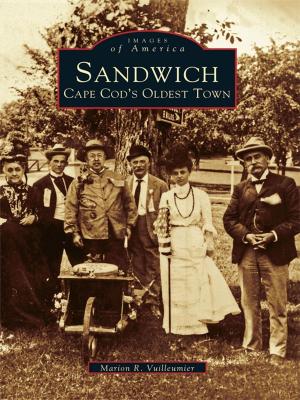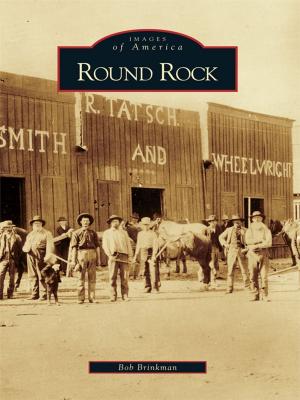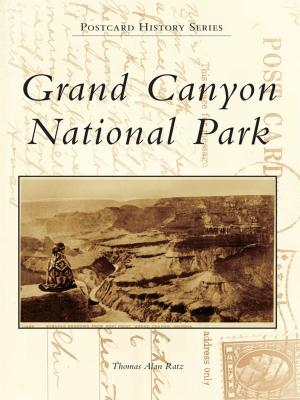| Author: | Patti Light | ISBN: | 9781439622353 |
| Publisher: | Arcadia Publishing Inc. | Publication: | January 25, 2010 |
| Imprint: | Arcadia Publishing | Language: | English |
| Author: | Patti Light |
| ISBN: | 9781439622353 |
| Publisher: | Arcadia Publishing Inc. |
| Publication: | January 25, 2010 |
| Imprint: | Arcadia Publishing |
| Language: | English |
On May 22, 1931, the American National Red Cross issued its second charter for a life preserving organization to the Daytona Beach Red Cross Life Saving Corps. Composed of 30 young men aged 17 to 26 and trained in lifesaving and first aid, this volunteer corps protected 3 miles of beach, compiling daily records of the number of bathers, weather, first aid, and rescues. The neighboring communities of Ormond Beach and New Smyrna Beach maintained their own lifesaving units, and Volusia County monitored the remaining coastline. By 1972, these four corps had united, and the Volusia County Beach Patrol became one of the nation's most highly trained surf lifesaving rescue units. Protecting 47 continuous miles of Atlantic coastline, which holds the dubious honor of the shark bite capital of the world, the Volusia County Beach Patrol welcomes 10 million visitors and performs an average of 3,000 rescues annually.
On May 22, 1931, the American National Red Cross issued its second charter for a life preserving organization to the Daytona Beach Red Cross Life Saving Corps. Composed of 30 young men aged 17 to 26 and trained in lifesaving and first aid, this volunteer corps protected 3 miles of beach, compiling daily records of the number of bathers, weather, first aid, and rescues. The neighboring communities of Ormond Beach and New Smyrna Beach maintained their own lifesaving units, and Volusia County monitored the remaining coastline. By 1972, these four corps had united, and the Volusia County Beach Patrol became one of the nation's most highly trained surf lifesaving rescue units. Protecting 47 continuous miles of Atlantic coastline, which holds the dubious honor of the shark bite capital of the world, the Volusia County Beach Patrol welcomes 10 million visitors and performs an average of 3,000 rescues annually.















